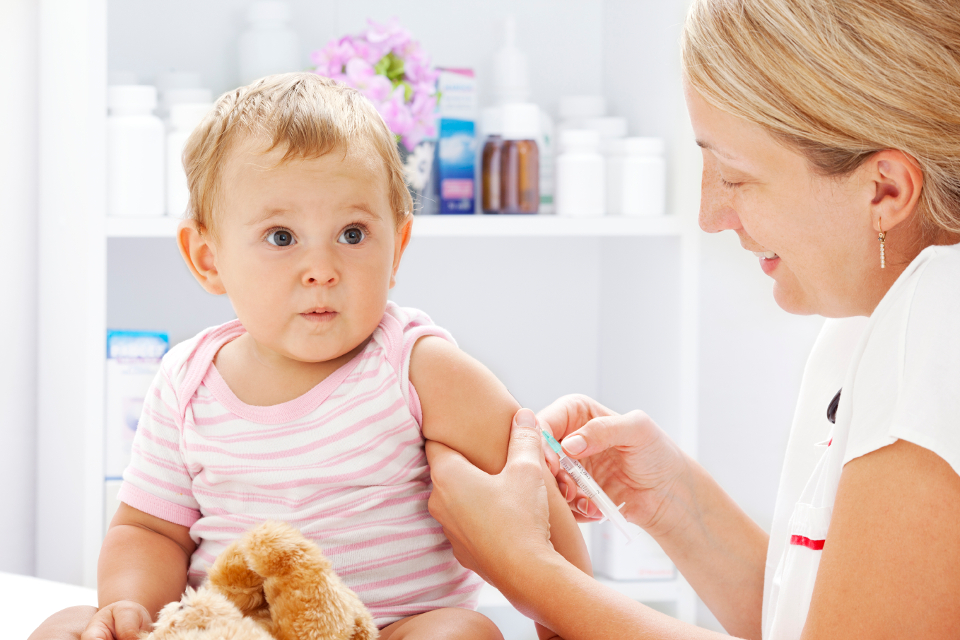MenB vaccine should join childhood vaccination programme
Deputy Chief Medical Officer John Watson welcomes JCVI’s recommendation for a new meningococcal B (MenB) immunisation programme.

Today marks an important step forward in tackling meningococcal B (MenB) disease, which can have a devastating and distressing impact, particularly for babies and young children. MenB is a disease that many parents of young children fear.
Our expert advisers on vaccination and immunisation, the Joint Committee on Vaccination and Immunisation (JCVI), have recommended that a recently licensed MenB vaccine is added to the childhood immunisation programme. The committee recommended that MenB immunisation should be offered to infants starting at 2 months of age, subject to the vaccine being obtained from the manufacturer at a cost-effective price which represents good value-for-money to the NHS.
The Department of Health, which requested JCVI’s advice on MenB vaccine, has accepted this recommendation and will work to introduce the programme as quickly as possible. This timing will depend on being able to purchase a sufficient and continuing supply of vaccine at an appropriate price, and putting effective arrangements in place across the country for the NHS to administer it. We will work with the vaccine manufacturer to seek to implement JCVI’s recommendation.
JCVI’s recommendation, which is the outcome of careful assessment of complex information and analyses, is welcome as MenB is fatal in about one in ten cases. A UK study suggests that in about one in ten cases who survive, there are serious long-term health problems such as limb amputation, deafness, epilepsy and learning difficulties.
The UK has almost the highest incidence rate for invasive meningococcal disease in the European Union (mostly caused by MenB, with only Ireland having a consistently higher rate). So JCVI’s recommendation is timely, as we look forward – in collaboration with the health departments of the devolved administrations - to being the first country in the world to introduce a national MenB immunisation programme, having led the way in introducing MenC vaccine in 1999.